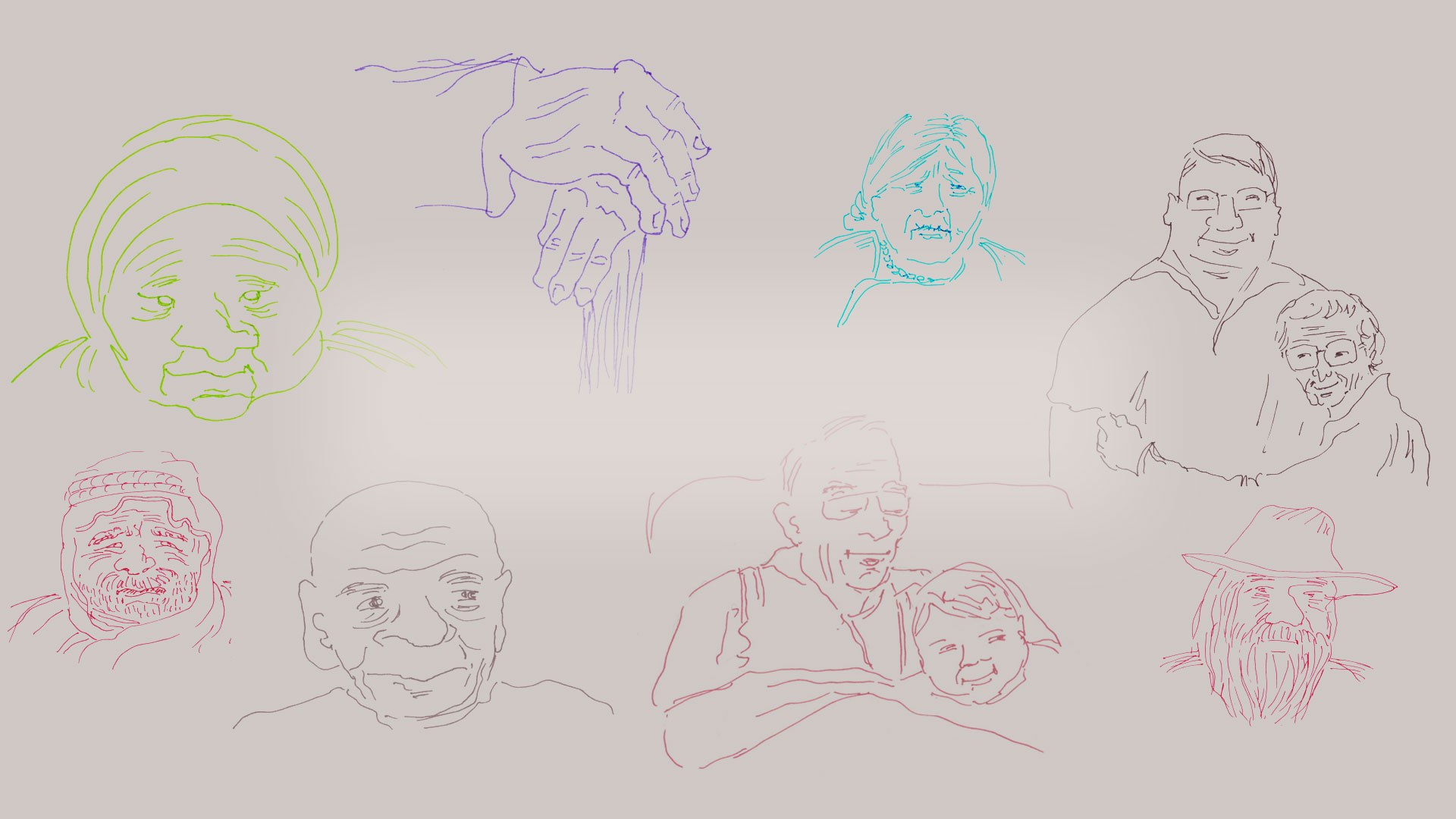Easter’s joy waits on the horizon, and we can hardly wait. We need the reminders of new life—resurrection—that are possible because of Jesus. It also seems appropriate that we remember how death—Jesus’ and our own—may precede whatever we hope will come to pass because of Easter. Death looms large in news stories and in our national psyche. As these words find their way onto this screenMORE...
Dirty cloaks
A Palm Sunday question: what happened to all the cloaks that parade-goers threw on the ground as a carpet for Jesus’ donkey-riding? How would they have responded when asked, “So, what are you going to do with your dirty clothes now?” This would not be a small question. A cloak was probably the most necessary outer-garment in the minimal wardrobes of these palm-wavers. When their cloaks hit theMORE...
*Emptied Easter?
None of us would ever empty Easter of its power. Absent Easter’s premises and promises, the Christian life wouldn’t have much more to offer than a religion invented by science fiction writers or social malcontents. What, then, might happen if, after Easter had passed, we hadn’t changed one iota of our lives. Wouldn’t we be turning Easter into something artificial or empty? It would notMORE...
Dealing with dysfunction
(I’m not sure where to go with this splotch of thoughts that keeps whirling around in my brain. So you can mark what follows as the kind of musing that stays around until it makes sense or invites action. This blog’s blob: Dysfunction that spreads.) I’ve seems lately that dysfunctions and dysfunctional people are cropping up everywhere. (My working definition: There areMORE...
Dealing with dread, Part II
(When I profiled Generation Dread: Finding Purpose in an Age of Climate Anxiety by Britt Wray, I noted what I thought might be an empty spot: The foundational nature of spiritual matters, perhaps best perceived and promoted in congregations. Today some continuing thoughts about those possibilities.) My premise here: Our congregations are communities (of belief and practice) that can deal wiselyMORE...
Dealing with dread Part I
(Awhile back, I profiled Generation Dread: Finding Purpose in an Age of Climate Anxiety by Britt Wray. The book accumulates concepts that can be helpful in grasping the nature of climate anxiety, as well as our reactions to it. These few ideas caught my interest…) Narrative foreclosure Psychologist Ernst Bohlmeijer and colleagues (Netherlands’ University of Twente) coined this term to refer toMORE...
Crossing over into daft?
Some of us oldsters use language patterns that can be strange. We sometimes communicate with a variety of verbal styles, including those that are arcane, lighthearted or metaphor-rich. The possible difficulty, though: Those ways of speaking and writing can also be perceived as signals that we’re having trouble finding our verbal marbles. That we’ve gone daft. Some listeners believe that onlyMORE...
Attractive communities
(Today’s entry is NOT about your nearby senior citizen lifestyle complex, or about Del Webb properties anywhere in the world. Instead, I’ve been thinking about how so many congregations are truly attractive.) Over the years I’ve noticed that some congregations don’t think of themselves as attractive anymore. That saddens me, because that kind of thinking can become as self-predictive as it may beMORE...
Denying ourselves and carrying our crosses
My climate anxiety peaks periodically. When that happens, Luke 9:23b (KJV) pops into my memory—“Deny yourself and take up your cross”—as one possible part of the solution to global warming. I wonder if a society-wide ascetic mindset—although not easily engaged—might tamp down the factors that are causing our planet’s ecosystems to unravel. That theology feels hard to put into practice. If I’mMORE...

